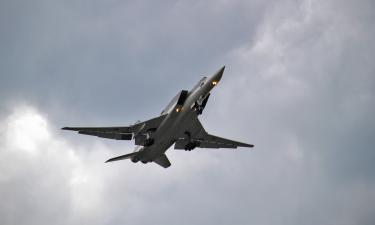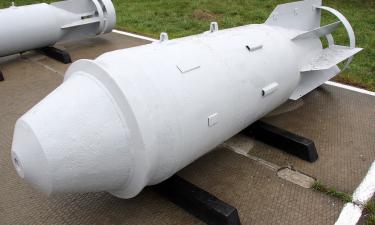Oil prices up after Saudi king death
Oil prices climbed above $61 a barrel on Monday after the c of Saudi Arabia's King Fahd, but expectations that the new king would keep oil policy unchanged stemmed the rise.
King Fahd died in hospital on Monday and will be succeeded by Crown Prince Abdullah, his half-brother who has been the de-facto ruler of Saudi Arabia since Fahd suffered a stroke in 1995.
Abdullah is expected to adhere to Saudi Arabia's long-standing oil policy aimed at ensuring global markets are well supplied, a Saudi source said to Fox News on Monday.
"The price of oil is higher and that is a troubling risk factor," said Hugh Johnson, chief investment officer at Johnson Illington Advisors of Albany, New York.
“This is not a surprise but there are still reasons for concern,” said Bill O'Grady, assistant director of market analysis at A.G. Edwards & Sons in St. Louis. “Abdullah and Sultan are both about 80, so we can't expect them to sit on the throne after five years. This lays bare the fact that there's a succession problem and it's an opportunity for al-Qaeda to make trouble.”
Crude oil for September delivery rose 98 cents, or 1.6 percent, to $61.55 a barrel at 10:39 a.m. on the New York Mercantile Exchange. Prices touched $61.60, the highest since July 8. Oil is up 40 percent from a year ago. Futures reached a record $62.10 a barrel on July 7.
In London, the September Brent crude-oil futures contract rose 97 cents, or 1.6 percent, to $60.34 a barrel on the International Petroleum Exchange. Brent touched $60.70 a barrel on July 7, the highest since the contract was introduced in 1988, reports Bloomberg.
But, Iranian Oil Minister Bijan Namdar Zanganeh said in Tehran on Monday that oil price will not undergo a big change following the death of Saudi Arabia's King Fahd.
The death of Fahd may fluctuate the oil market for only some hours, but it will not greatly affect the market, informs Payvand News.
Subscribe to Pravda.Ru Telegram channel, Facebook, RSS!





